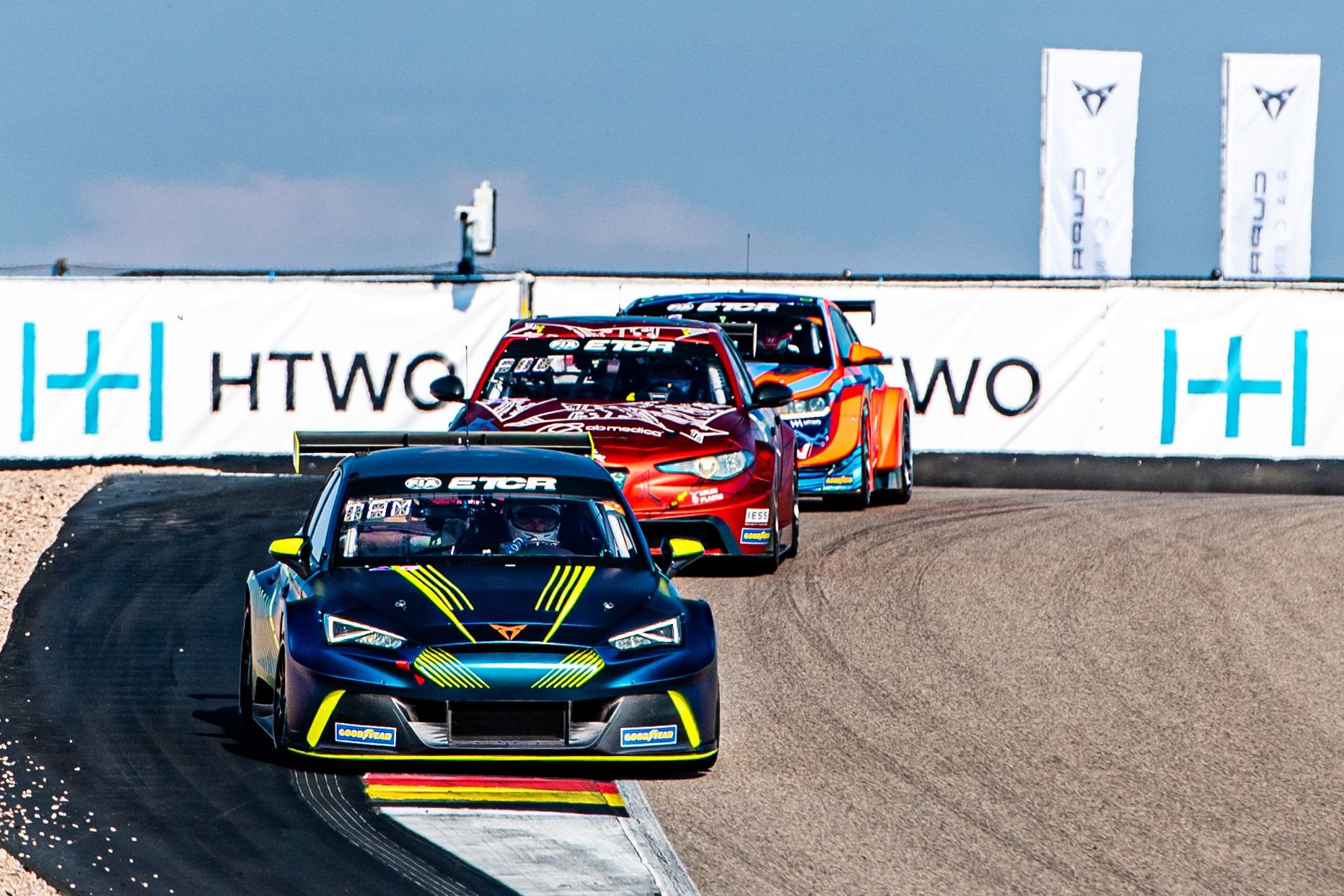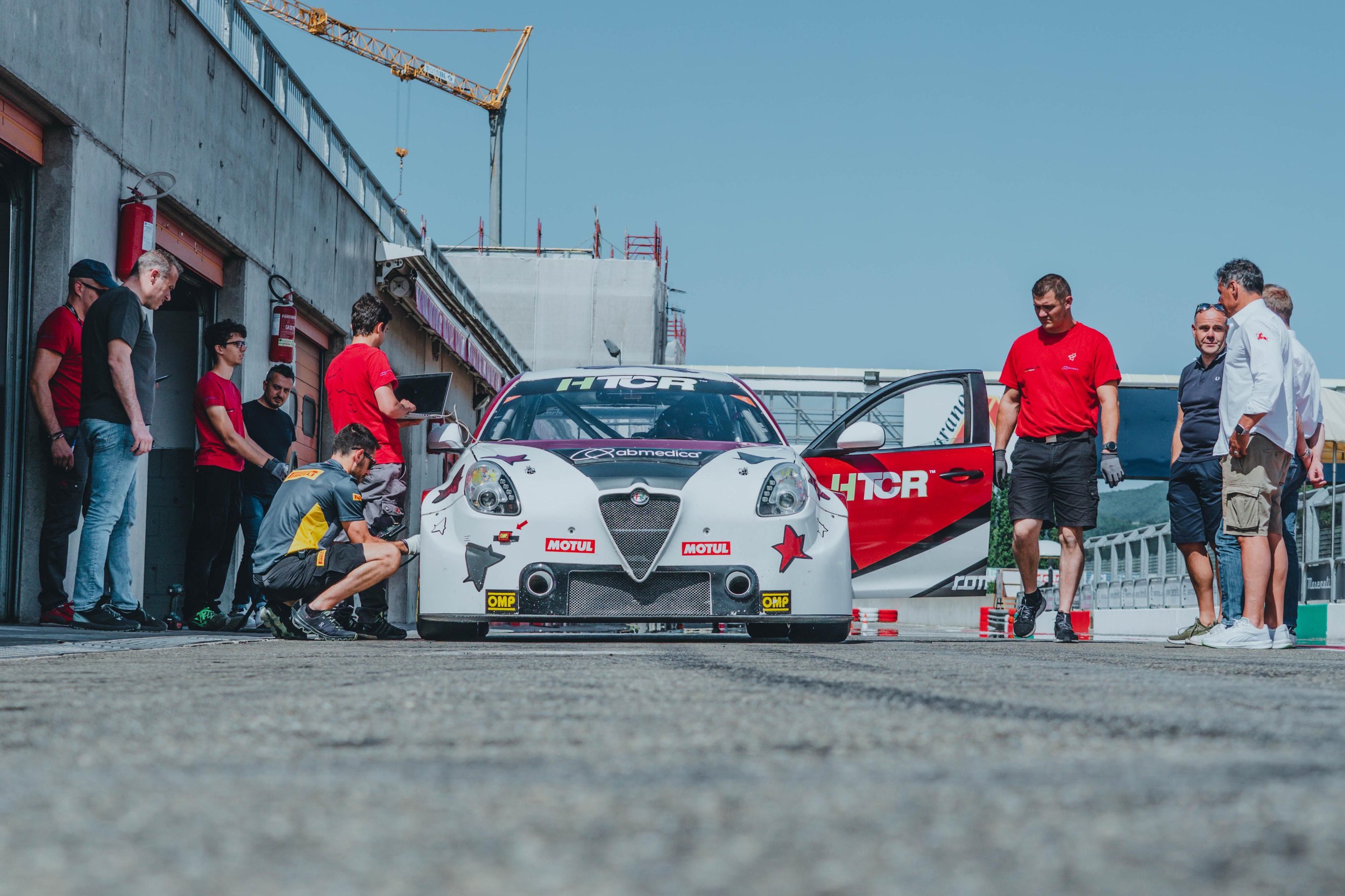
Motorsport has the mission of reducing its impact on the environment
Responsibility
Motorsport, like all the other business, has embraced the mission of reducing its impact on the environment with all the available means. In its development of the technical regulations for global Touring Car competition, the WSC has committed to the use of new technologies for making it cleaner and sustainable.
ETCR
WSC began studying the electrification of Touring Car racing back in 2018 with the aim of launching the first multi-brand category for full-electric Touring Cars.
The regulations were refined in 2019, with the plan of starting racing in 2020, but the pandemic delayed the process and ETCR competition eventually kicked off in 2021 and ran for two seasons that have been instrumental in the process of building the experience for developing the next generation of electric Touring racers.
Hydrogen power
With the aim of further reducing the impact of electric racing cars, WSC Group signed an agreement with HTWO to use the Fuel Cell Generator as zero-emission power source.
The HTWO Fuel Cell Generator consists of fuel cell system which generates electricity using hydrogen as fuel. This mobile generator powered by two-fuel cell system can charge two electric vehicles simultaneously with an output of 160kW.
TCR Hybrid Kit
As the next step towards cleaner motorsport, WSC has developed a plug-in Hybrid kit for TCR cars that supplies additional power to the internal combustion engine by recovering energy during deceleration.
This results in a significant reduction of the emissions without affecting performance.
Sustainable fuel
The TCR Technical Regulations provide for the use of sustainable fuel that is suitable for the implementation for racing engines.
The fuel corresponds to FIA App. J, Art. 252.9 in guaranteed Super Plus Quality. Corrected Octane Numbers: RON/MON 98/88, Ethanol % v/v: 9.9, Oxigen Content % m/m: 3.68.




